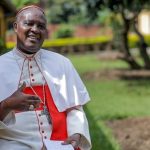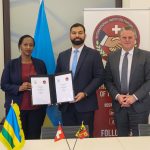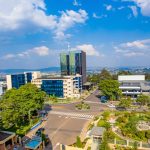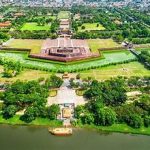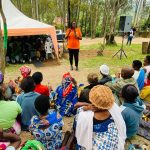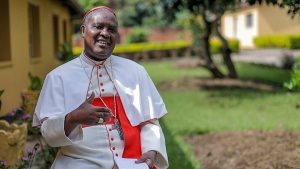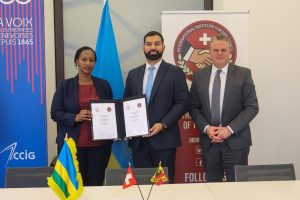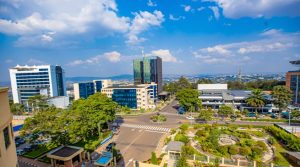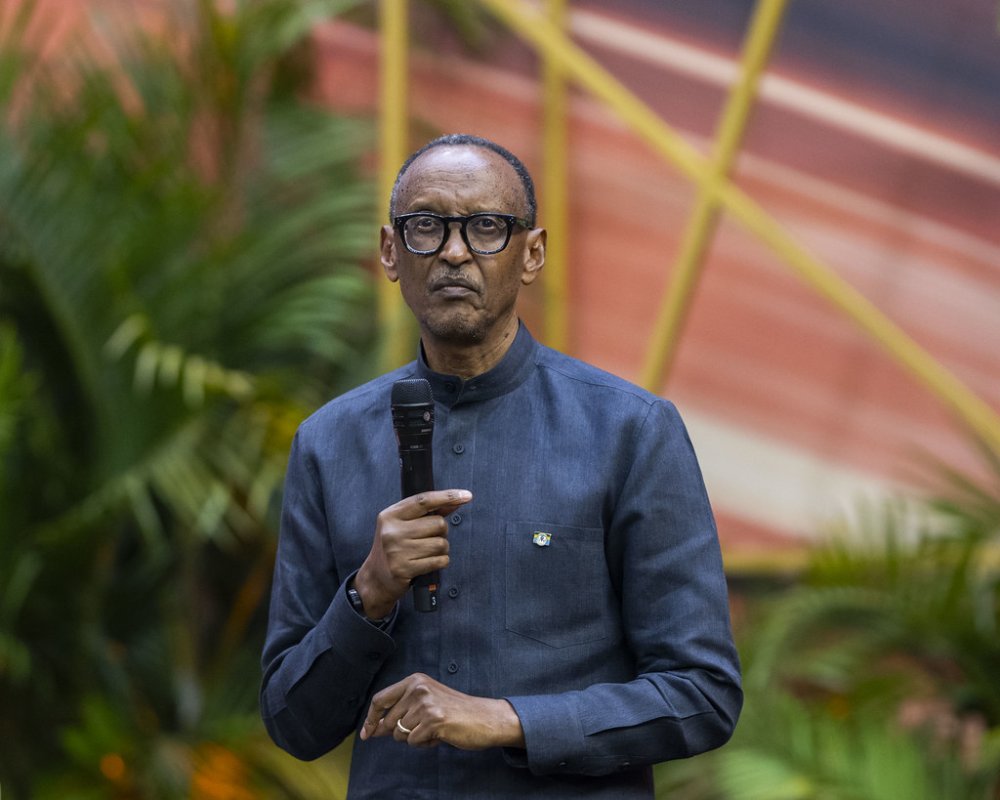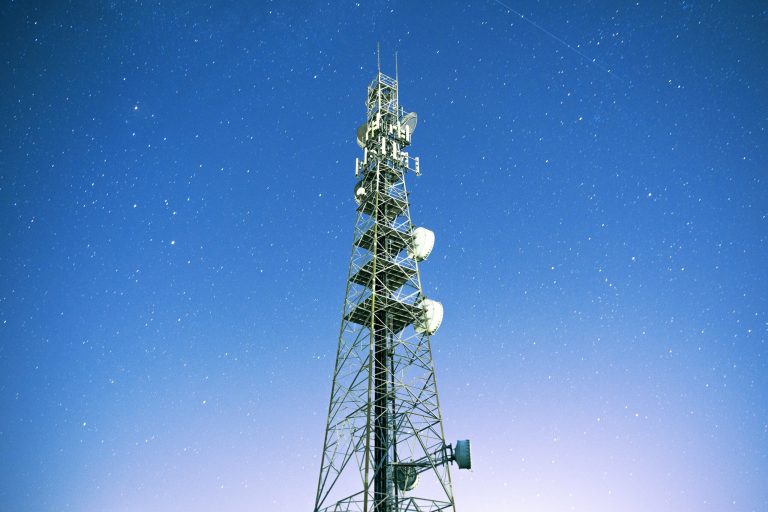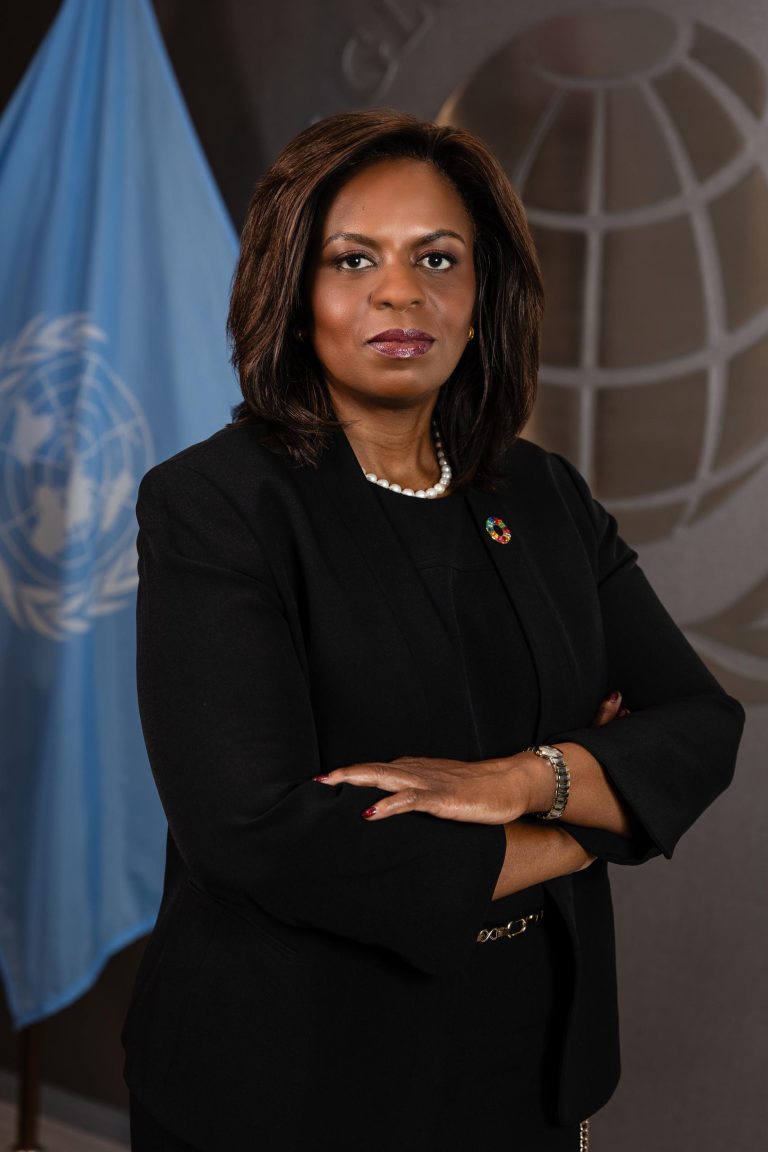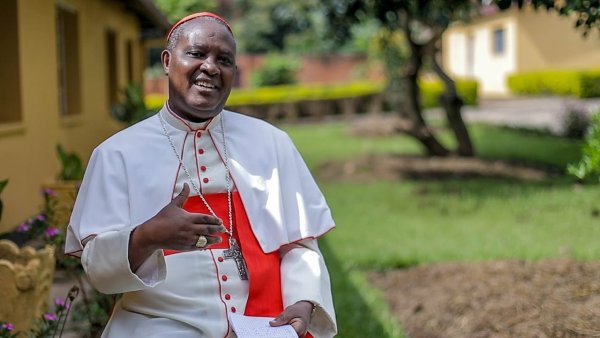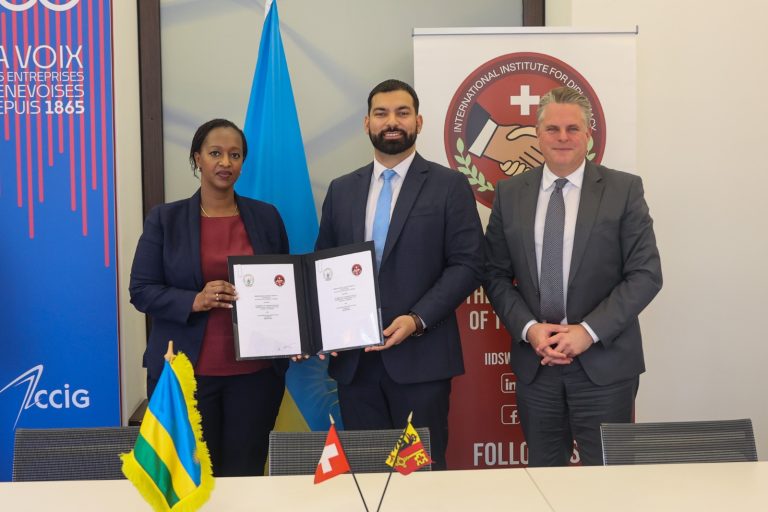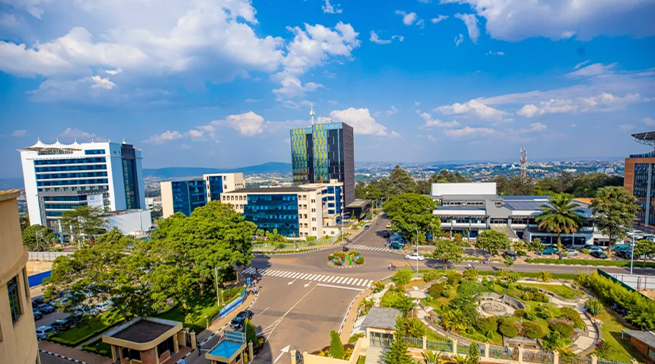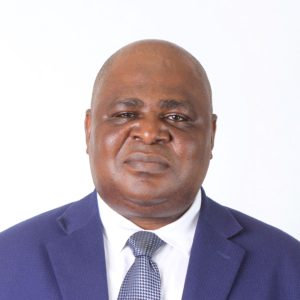President Kagame expressed his frustration with the international community’s inconsistent stance on Rwanda’s security challenges, particularly regarding the FDLR. He emphasized that while Rwanda highlights the ongoing issues caused by the FDLR each year, the international community often responds with accusations instead of support, claiming Rwanda is targeting the DRC’s valuable minerals. Kagame reiterated that such accusations will not deter Rwanda from taking necessary actions to protect its security.
He made these remarks during his address at the 31st Liberation Day celebrations held at the Kigali Convention Centre. The event was attended by people from diverse backgrounds, including government officials, private sector leaders, ambassadors, and other guests. Kagame underscored that the pursuit of liberation is a continuous journey shared by all generations: young and old.
He explained, “People— you, I, and others— may have an end, but our country does not. So long as the country exists, its journey continues. Whoever is born today and where they grow up will follow that path, ensuring it goes on.”
Reflecting on Rwanda’s history, Kagame noted that, 31 years after liberation, Rwanda faced immense emptiness and the loss of many lives. He emphasized that those responsible for violence are long gone, and the nation must focus on maintaining peace and security. He urged every Rwandan to take responsibility to prevent history from repeating itself, reaffirming that “it has happened before, but it will never happen again.”
Kagame stressed that there is universal understanding that Rwanda will not revert to its dark past— a truth that should be clear to all, both inside and outside the country, as well as to the international community.
Turning to regional issues, Kagame addressed the ongoing conflict in the DRC. He questioned why Rwanda has faced constant hostility, despite the international support it receives, and the global condemnation directed at Rwanda. “What has Rwanda done to provoke such widespread condemnation? If we are fighting for our survival and rights, why are we condemned?” he asked.
He reaffirmed Rwanda’s ongoing concern with the FDLR and related groups, questioning whether the issues are fabricated or exaggerated. “Have we gone a year without raising the problem of the Interahamwe and FDLR? Are these concerns unfounded?” Kagame inquired. He highlighted the regional ideology rooted in genocide, which continues to influence actions and perceptions, and pointed out that Rwanda actively condemns regional leaders who incite violence.
He criticized the misappropriation of regional history and the false narratives that have long fueled conflict, emphasizing that many problems predating his birth might be attributable to external influences rather than Rwandans themselves.
Kagame condemned efforts to turn security threats into commodities, lamenting how some neighboring countries and actors insidiously aid the Interahamwe and exploit the situation for personal gain. “It is incomprehensible how security issues are being turned into jewels, crossing borders and provoking conflict,” he noted.
He also criticized those who accuse Rwanda of protecting its territory, particularly precious stones, stating, “Those who accuse us of our defensive actions are actually the real enemies— the ‘precious stones’ in Congo.”
Lastly, Kagame dismissed accusations from foreign countries— especially from Europe, America, and Canada— claiming they use human rights as an excuse to threaten sanctions. “They come to lecture us about our country and people, but they have no right to do so. We should not be swayed by such comments,” he concluded.
